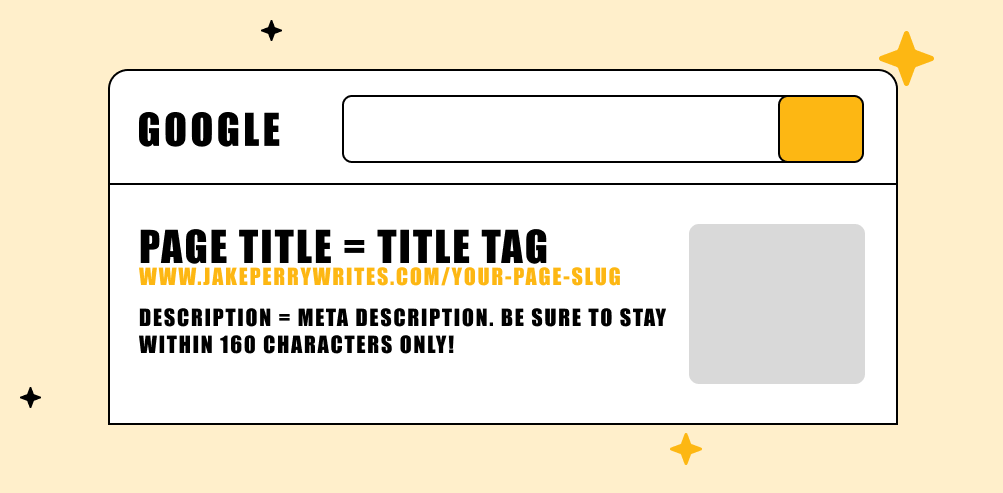Table of Contents
Align Content With User Intent
In my experience, the most important SEO principle for content writers to understand is the concept of user intent. It’s not just about targeting keywords; it’s about crafting content that aligns with what your audience is actually searching for and what they hope to find.
When I first started writing, I used to focus on optimizing for specific keywords without considering the broader context of the user’s search. I learned the hard way that this approach often leads to high bounce rates and low engagement. People would click on my articles, realize they weren’t relevant to their needs, and quickly leave.
It was a turning point in my career when I realized that SEO is not just a technical skill; it’s a deep understanding of human behavior and communication.
Liga Rudzite, Marketing Manager, Lemon Pitch
Optimize for Converting Keywords
One key SEO principle every content writer should know is optimizing for keywords that convert. As an SEO agency founder, I’ve seen small businesses explode in growth by targeting keywords that resonate with their ideal customers.
For example, one client was a local electrician. Instead of just “electrician” or “electrical services,” we targeted “whole-home rewiring cost” and “circuit breaker replacement.” These long-tail keywords brought in customers ready to buy big jobs. Their revenue jumped considerably in six months.

You must understand your customers’ buying journey and target keywords for each stage. A pest control company should aim for “how to get rid of termites” (awareness), “termite treatment cost” (consideration), and “termite barrier installation” (decision). Meet readers where they are with keywords and content tailored to their needs.
Never write just for clicks or rankings. Provide real value, and your readers will share and link to your content, building authority and improving rankings over time. I’ve found that 200-500 words, active headings, images, and a simple call-to-action lead to the most engaged visitors and the best results.
Focus on keywords that actually drive sales, not just traffic. By producing content that resonates at each stage of the customer journey, you’ll gain more than just clicks—you’ll win loyal buyers and higher rankings. The key is researching your customers and providing resources that genuinely help them, even without an immediate sale. Do that, and your SEO and business will thrive.
Magee Clegg, CEO, Cleartail Marketing
Focus on User Intent for Engagement
One key SEO principle that every content writer should grasp is the importance of focusing on user intent. Throughout my career in SEO, I’ve observed that aligning content with what users are actively searching for not only boosts rankings but also increases engagement on the page. This strategy involves understanding the various reasons people might search for a topic, whether they’re looking to buy a product, find specific information, or solve a problem.
For instance, if you’re writing about “best outdoor grills,” it’s essential to consider whether your target audience wants to buy a grill, learn how to use one, or compare different models. By tailoring the content to meet these specific needs, you can create more relevant and valuable material for your audience. This relevance is rewarded by search engines through better visibility and can lead to higher click-through rates and conversions. Crafting content with user intent in mind should be a cornerstone of any content writer’s SEO strategy, as it directly influences how well your content performs both in search results and in fulfilling user needs.
Brandon Leibowitz, Owner, SEO Optimizers
Create Helpful, User-Centric Content
One essential SEO principle for content writers is creating content that genuinely helps your readers. As the founder of an SEO and content marketing agency, I’ve found that the most impactful content focuses on addressing users’ questions and concerns.
For example, one of our e-commerce clients was struggling to rank for product terms in their niche. We researched common questions from their target customers and created resources to address them, including video tutorials, blog posts explaining key features, and FAQs. Although we optimized this content for product keywords, the goal was educating readers.

This approach helped the company establish authority in their industry and drove more organic traffic and conversions. The content resonated so well with customers that sales increased significantly month-over-month.
Understanding user intent and creating helpful content is crucial. Write to address readers’ needs, not just to rank for keywords. Keep your content clear, concise, and honest. Focus on what really matters to your audience. Do this, and your content will rank highly and resonate because it provides real value. User intent should be the priority for content writers seeking SEO success.
Joe Amaral, Founder & COO, Anthem Software
Prioritize High-Quality, Structured Content
One key SEO principle every content writer should know is the importance of creating high-quality, user-focused content. Content that addresses user intent, provides value, and is well-structured tends to rank higher in search engines. This principle ensures that the content not only attracts but also retains readers, ultimately improving search engine visibility and engagement.
Chad DeBolt, Founder, Surchability
Exact-Match Keywords in Titles
Make your title/heading as close to an exact-match keyword as possible. The Google API leak confirms this. The closer your H1 matches the search query, the more likely it is to rank.

However, you don’t want to make your title identical to other titles on the same topic. There’s a fine balance between writing for bots and writing for people, so your title needs to stand out while also closely matching the user’s search. That’s a lot to ask for in 60 characters or less.
You can get a little more creative in the meta description, as long as you set clear expectations for what the article is about. But for titles, it’s best to focus on exact-match search phrases first and creativity second.
Alli Hill, Founder and Director, Fleurish Freelance
Write for Humans, Not Algorithms
One key SEO principle every content writer should know is how to write for humans, not algorithms. My agency has built over 1,000 client websites and managed countless content campaigns. We’ve found that creating helpful resources focused on solving readers’ problems is the most effective approach.
For example, when we helped a boutique fitness studio develop an education site, we crafted in-depth posts on topics like workout programming for specific goals and overcoming obstacles. Although we optimized these for keywords, our goal was addressing common questions.
Since launching, the studio’s site traffic has surged and membership is up. The content ranks for terms like “custom workout plans,” but, more importantly, readers spend over 5 minutes per post.
The lesson is: understand your audience’s key concerns and questions, then create content that helps them. Share your expertise in an authentic way. Optimize for search engines secondarily. Solve problems, build real connections, and rankings will follow. Write to inform and help, not just for keywords, and your business will thrive.





























